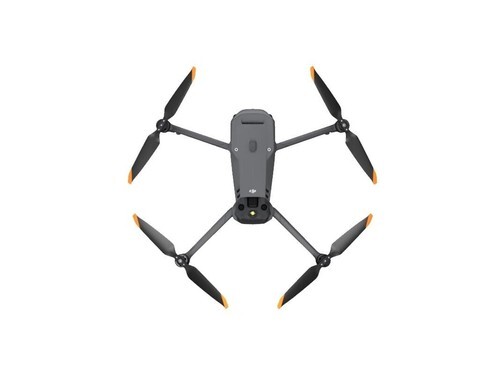National Security Concerns
DJI, a Chinese company, dominates the drone market globally. The origins of DJI raise national security concerns regarding data collection and potential espionage. Countries fear sensitive data captured by DJI drones could end up in the hands of the Chinese government, compromising their security infrastructures. This apprehension has led to restrictions by governments, especially in military and sensitive operations.
Privacy Threats
Drones are equipped with high-resolution cameras and can hover in private spaces, posing a significant privacy threat. The ability to record video and take photos without consent has alarmed privacy advocates who argue for tighter regulations. Banning DJI drones could better protect individuals from unauthorized surveillance and misuse of personal data.
Environmental Implications
While drones offer environmental benefits such as aiding conservation efforts and monitoring wildlife, their increasing presence also raises concerns. The noise pollution and potential wildlife disturbances are factors that contribute to the debate. Experts suggest studying the ecological impact more comprehensively to assess the long-term damage potential and regulate drone usage accordingly.
Economic Considerations
Banning DJI drones would impact the economy, considering DJI’s significant contribution to drone technology employment and innovation. However, supporting local alternatives might bolster domestic sectors. Encouraging competition can lead to diversified technology that upholds security, privacy, and ecological standards.
Exploring Alternatives
Should DJI drones be banned, exploring viable alternatives becomes necessary. Numerous companies globally offer drones that comply with stricter safety and privacy regulations. Investing in these alternatives can foster innovation and create healthier market competition. Governments might offer incentives to encourage the development of drones that emphasize security and environmental friendliness.
How can one ensure the safety and privacy of drone operations?
To ensure safety and privacy, individuals and authorities should adhere to regulations that mandate safe handling, limit spying, and define privacy zones. Using technologies with encryption features and ensuring compliance with local data protection laws can further enhance protection.

What impact will banning DJI drones have on hobbyists?
Banning DJI drones will require hobbyists to seek alternatives. Although initial adaptations may be challenging, adjusting to drones from reputable companies with added security features can provide peace of mind while enjoying the hobby. There can be new opportunities for learning and engagement with different technologies.
Why hasn’t a ban been implemented universally?
The complexities involve balancing economic impacts, addressing the technological gap if DJI is banned, and ensuring international cooperation for a consistent policy. While some countries have begun adopting restrictions, others are waiting to scrutinize implications thoroughly, leading to varied approaches worldwide.
Endeavors to ban DJI drones reflect wider concerns about security, privacy, and environmental impact. Alternatives offer new avenues for technology growth and safer practices, ensuring broader compliance with standards essential for responsible drone use.